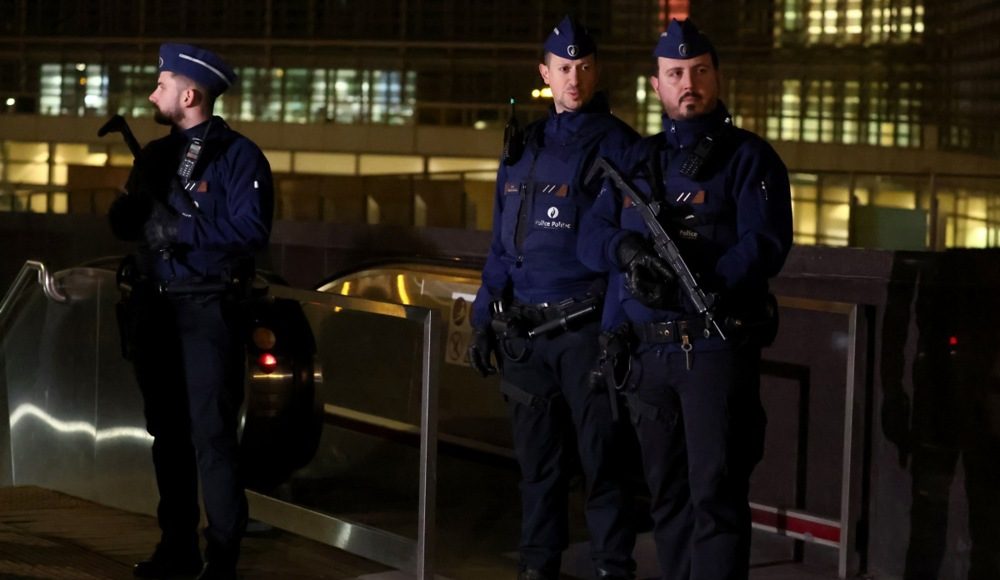A group of activists said they planned to march through one of Brussels’ most affluent districts, the Prince d’Orange neighbourhood in Uccle, under the banner: “Stop the Rich”.
The event set for June 29 aimed to put what they saw as wealth inequality and its ecological and societal consequences on public display.
Activists were planning to march through Uccles, regarded as Brussels’ wealthiest district, in protest against the “Rich Elite”.
“We’re not just pointing fingers at individual fortunes,” said David Petit, one of the organisers, “but asking deeper questions about tax evasion, unchecked privilege, and environmental damage tied to extreme wealth.”
He told Brussels Signal on June 17 the goal was to transform a residential postcode into a stage for collective reflection.
“When you dig into the lives of some of the ultra-rich, you find connections to tax havens, shady business practices, and even legal troubles,” he said.
“But even without that, the sheer scale of their wealth, and the carbon footprint that comes with it, is scandalous in itself.”
The Stop the Rich march’s route, still under review by local authorities, would wind through streets lined with high walls, iron gates and expansive private villas.
“For many people in Brussels, these neighbourhoods might as well be invisible. We want to make them visible,” Petit said.
The organisers claimed their intention was to confront the uncomfortable reality that poverty and ecological collapse were, in their view, inseparable from the accumulation of luxury.
“One of the most interesting conversations we’ve had is asking: Is there a point where wealth becomes indecent? And should there be a limit?,” Petit said.
“For us, just getting people to ask that question is already a political act. When someone tells you €20,000 a month is too much, that’s already far below what the ultra-rich earn. It shows there’s an instinctive understanding that extreme wealth has crossed a line.”
Not everyone shared that view. Eric Sax, municipal councillor in Uccle, has formally called on the district mayor to block the demonstration.
In a letter, Sax warned that the event risked stirring “unnecessary tensions and resentment” by “stigmatising a portion of the population based solely on socio-economic status”.
He characterised the parade as “deliberately aggressive,” accusing attendees of exposing residents to “hateful rhetoric, hostile behaviour, and potential disturbances”.





